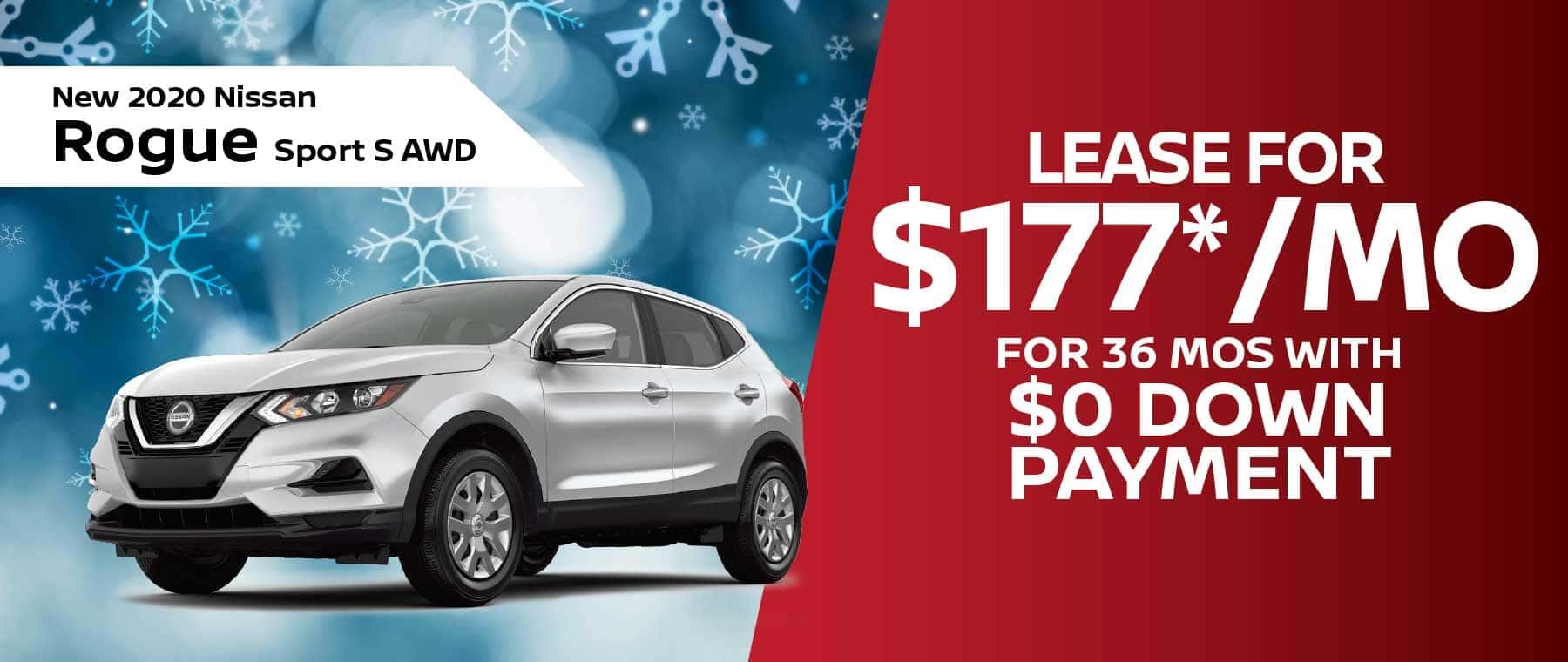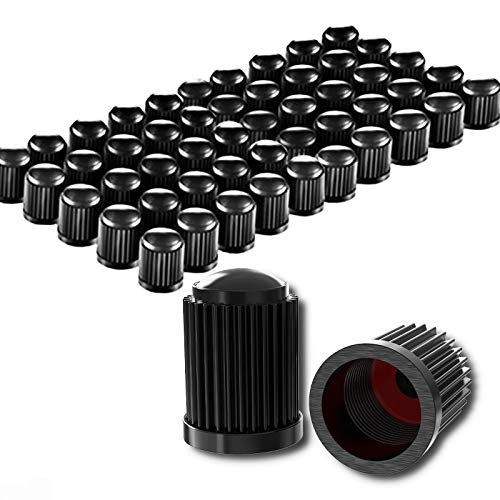Best SUV Car Brands: Your Comprehensive Guide to Finding the Perfect Ride cars.truckstrend.com
The automotive landscape has seen a monumental shift over the past two decades, with the Sport Utility Vehicle (SUV) emerging as the undisputed king of the road. Blending the rugged appeal of an off-roader with the comfort and versatility of a family sedan, SUVs offer a compelling package that resonates with a diverse range of drivers. But with an overwhelming array of options available, the question naturally arises: which are the best SUV car brands?
Defining "best" isn’t a one-size-fits-all answer; it’s a dynamic concept that depends entirely on individual needs, priorities, and lifestyle. For some, "best" might mean unparalleled reliability and low running costs. For others, it could signify cutting-edge technology, luxurious comfort, or formidable off-road prowess. This comprehensive guide aims to navigate the vast SUV market, highlighting the brands that consistently excel in various categories and providing you with the insights needed to make an informed decision. Understanding the strengths and specialties of leading SUV brands is crucial, as it directly impacts your long-term satisfaction, safety, and financial investment.
Best SUV Car Brands: Your Comprehensive Guide to Finding the Perfect Ride
Understanding What Makes an SUV Brand "Best"
Before diving into specific brands, it’s essential to understand the criteria that elevate an SUV brand above its competitors. A truly "best" brand consistently delivers across multiple key performance indicators:
- Reliability & Durability: This is paramount. A brand’s reputation for building vehicles that withstand the test of time, require minimal unscheduled repairs, and maintain their structural integrity is a significant indicator of quality.
- Safety Features & Ratings: In an age of advanced driver-assistance systems (ADAS), top brands prioritize occupant safety. This includes features like automatic emergency braking, lane-keeping assist, blind-spot monitoring, and excellent crash test ratings from organizations like the NHTSA and IIHS.
- Performance & Capability: This encompasses engine power, smooth transmission, responsive handling, and for many SUVs, robust all-wheel-drive (AWD) or four-wheel-drive (4WD) systems, towing capacity, and even off-road capability.
- Comfort & Interior Quality: A premium interior, ergonomic design, high-quality materials, ample passenger and cargo space, and a quiet cabin contribute significantly to the driving and riding experience.
- Technology & Infotainment: Intuitive infotainment systems, seamless smartphone integration (Apple CarPlay/Android Auto), advanced navigation, and connectivity options are increasingly important.
- Fuel Efficiency: While SUVs are generally larger, leading brands are innovating with hybrid and electric powertrains to offer competitive fuel economy, reducing running costs and environmental impact.
- Resale Value: A brand known for strong resale value indicates market demand, reliability, and sustained appeal, protecting your investment in the long run.
- Brand Reputation & Customer Service: Beyond the vehicle itself, the overall brand reputation, dealership experience, and quality of after-sales service play a crucial role in owner satisfaction.


Categories of SUVs and Leading Brands in Each
The SUV market is incredibly diverse, with vehicles tailored for different needs and budgets. Understanding these categories helps narrow down your search for the "best" brand for you.
- Subcompact & Compact SUVs: Ideal for city dwellers or those seeking a higher driving position without a large footprint. They offer better fuel economy and easier maneuverability.

- Leading Brands: Toyota (RAV4, Corolla Cross), Honda (CR-V, HR-V), Mazda (CX-30, CX-5), Hyundai (Kona, Tucson), Kia (Seltos, Sportage), Subaru (Crosstrek, Forester).
- Mid-size SUVs: The sweet spot for many families, offering a balance of space, comfort, and capability, often with optional third-row seating.
- Leading Brands: Toyota (Highlander, 4Runner), Honda (Pilot, Passport), Kia (Telluride, Sorento), Hyundai (Palisade, Santa Fe), Ford (Explorer, Bronco Sport), Jeep (Grand Cherokee), Subaru (Ascent).
- Full-size SUVs: Maximum passenger and cargo capacity, often with strong towing capabilities, built on truck platforms.
- Leading Brands: Chevrolet (Tahoe, Suburban), Ford (Expedition), GMC (Yukon), Toyota (Sequoia), Nissan (Armada).
- Luxury SUVs: These offer premium materials, advanced technology, refined performance, and prestigious branding.
- Leading Brands: BMW (X Series), Mercedes-Benz (GLC, GLE, GLS), Audi (Q Series), Lexus (RX, GX, LX), Volvo (XC Series), Land Rover (Discovery, Range Rover).
- Off-Road Capable SUVs: Designed for adventure beyond the pavement, featuring robust 4WD systems, high ground clearance, and specialized off-road tech.
- Leading Brands: Jeep (Wrangler, Gladiator, Grand Cherokee), Toyota (4Runner, Land Cruiser, Sequoia), Land Rover (Defender, Discovery), Ford (Bronco).
- Electric SUVs (EV SUVs): A rapidly growing segment focusing on zero emissions, instant torque, and advanced connectivity.
- Leading Brands: Tesla (Model Y, Model X), Ford (Mustang Mach-E), Hyundai (IONIQ 5), Kia (EV6), Rivian (R1S), BMW (iX), Mercedes-Benz (EQE SUV, EQS SUV).
Top Contenders: A Closer Look at Prominent SUV Brands
Several brands consistently rank high across various metrics, establishing themselves as leaders in the SUV market.
- Toyota: Unrivaled reliability, exceptional resale value, and a strong commitment to hybrid technology. Models like the RAV4 and Highlander are benchmarks in their segments for dependability and practicality. The 4Runner and Sequoia offer rugged, proven capability.
- Honda: Known for practical, family-friendly designs, excellent fuel economy, and strong safety ratings. The CR-V and Pilot are perennial favorites, offering spacious interiors and a smooth ride.
- Subaru: A unique niche, offering standard symmetrical all-wheel drive across most of its SUV lineup. Subaru excels in safety, off-road capability (for mild to moderate trails), and retains strong loyalty among its owners. The Forester, Outback, and Ascent are popular choices.
- Mazda: Has carved out a reputation for premium interiors, engaging driving dynamics, and sophisticated design, often punching above its weight class. The CX-5 and the newer CX-50 and CX-90 offer a refined experience.
- Hyundai & Kia: These Korean siblings have rapidly ascended, offering incredible value, extensive feature lists, competitive warranties, and increasingly bold and attractive designs. Models like the Tucson, Santa Fe, Palisade (Hyundai) and Sportage, Sorento, Telluride (Kia) are highly sought after.
- Ford: Offers a wide range of SUVs, from the compact Escape to the full-size Expedition, known for their capability, technology, and robust engines. The Bronco has revived its legendary off-road heritage.
- Jeep: The quintessential off-road brand, Jeep offers iconic designs and unparalleled capability for venturing off the beaten path with models like the Wrangler and Grand Cherokee.
- Luxury Brands (BMW, Mercedes-Benz, Audi, Lexus, Volvo): These brands represent the pinnacle of SUV design, performance, and luxury. They offer exquisite materials, powerful engines, cutting-edge technology, and unparalleled comfort, albeit at a higher price point. Lexus stands out for its legendary reliability even in the luxury segment. Volvo prioritizes safety and minimalist Scandinavian design.
Important Considerations When Choosing Your Best SUV Brand
Selecting the "best" SUV involves more than just picking a brand; it requires a thoughtful evaluation of your personal circumstances:
- Define Your Budget: This includes not just the purchase price but also insurance, fuel costs, maintenance, and potential depreciation. Don’t forget long-term ownership costs.
- Assess Your Lifestyle Needs:
- Family Size: Do you need two rows or three? How much cargo space is essential?
- Commute: Mostly city driving, highway, or a mix? Fuel efficiency will be key.
- Hobbies: Do you need towing capacity for a boat or trailer? Will you be going off-road? Do you need roof rack compatibility for bikes or kayaks?
- Climate: Is AWD or 4WD essential for snow or challenging weather conditions?
- New vs. Used vs. Certified Pre-Owned (CPO): New vehicles offer the latest tech and full warranties but suffer immediate depreciation. Used vehicles are more affordable but come with less warranty. CPO vehicles offer a balance, providing a warranty and multi-point inspection.
- Test Drive, Test Drive, Test Drive: Never buy an SUV without an extended test drive. Pay attention to comfort, visibility, handling, acceleration, braking, and how easy it is to park. Test it in conditions similar to your daily driving.
- Research Reviews & Ratings: Consult reputable automotive reviews (e.g., Consumer Reports, Edmunds, Kelley Blue Book), safety ratings (NHTSA, IIHS), and owner forums for real-world experiences.
- Dealership Experience: Consider the quality of the sales and service departments of the brands you’re considering. Good after-sales support is invaluable.
- Future Trends: Are you open to electric or hybrid options? These can offer long-term savings and a reduced environmental footprint.
Challenges and Solutions in SUV Ownership
While SUVs offer many advantages, they also come with potential challenges that informed buyers should consider:
- Fuel Economy: Larger, heavier SUVs can be thirsty.
- Solution: Opt for compact or subcompact SUVs, choose models with efficient four-cylinder engines, or consider hybrid/plug-in hybrid (PHEV) or full electric (EV) SUV variants.
- Maneuverability and Parking: Larger SUVs can be challenging to navigate in tight city streets or crowded parking lots.
- Solution: Consider smaller SUV categories. Utilize advanced parking assist features, 360-degree cameras, and parking sensors that many modern SUVs offer.
- Higher Purchase Price & Insurance: Generally, SUVs are more expensive to buy and insure than comparable sedans.
- Solution: Explore certified pre-owned options. Research insurance costs before buying. Negotiate the purchase price and consider less expensive trim levels that still meet your needs.
- Environmental Impact: Larger vehicles contribute more to carbon emissions (unless electric).
- Solution: Embrace hybrid or electric SUVs. Even for gasoline models, opt for the most fuel-efficient engine available in your chosen size category.
Practical Advice and Actionable Insights
- Prioritize Your Top 3 Needs: Is it space, fuel efficiency, off-road capability, or luxury? Focus your search on brands and models that excel in these areas.
- Set a Realistic Budget (and Stick to It): Factor in purchase price, interest, insurance, fuel, and estimated maintenance costs.
- Don’t Overbuy: You might not need a full-size SUV if a compact or mid-size one adequately meets your space requirements.
- Read Owner Reviews: Beyond professional reviews, insights from actual owners on long-term reliability and satisfaction are invaluable.
- Consider the "Ecosystem": Think about the dealership network in your area, parts availability, and the reputation of their service department for the brands you’re considering.
Price Table: Popular SUV Models from Top Brands (Starting MSRP)
This table provides a general overview of popular SUV models from leading brands and their approximate starting Manufacturer’s Suggested Retail Price (MSRP). Prices can vary significantly based on trim level, optional features, region, and current market conditions. They do not include destination fees, taxes, or dealer markups.
| SUV Brand | Representative Model(s) | Category/Key Feature | Starting MSRP Range (USD) | Key Strengths |
|---|---|---|---|---|
| Toyota | RAV4, Highlander | Compact, Mid-size | $29,000 – $40,000 | Reliability, Resale Value, Hybrid Options |
| Honda | CR-V, Pilot | Compact, Mid-size | $30,000 – $45,000 | Practicality, Safety, Spacious Interiors |
| Subaru | Forester, Outback | Compact, Mid-size | $28,000 – $40,000 | Standard AWD, Safety Features, Outdoor Ready |
| Mazda | CX-5, CX-90 | Compact, Mid-size | $29,000 – $48,000 | Engaging Driving Dynamics, Premium Feel |
| Hyundai | Tucson, Palisade | Compact, Mid-size | $28,000 – $49,000 | Value, Extensive Features, Strong Warranty |
| Kia | Sportage, Telluride | Compact, Mid-size | $29,000 – $50,000 | Bold Design, Value, Spacious Interiors |
| Ford | Escape, Explorer | Compact, Mid-size | $29,000 – $55,000 | Wide Range, Capability, Advanced Tech |
| Jeep | Wrangler, Grand Cherokee | Off-road, Mid-size | $32,000 – $65,000 | Unrivaled Off-road Prowess, Iconic Design |
| BMW | X3, X5 | Luxury Compact, Mid | $48,000 – $70,000 | Performance, Luxury, Advanced Technology |
| Mercedes-Benz | GLC, GLE | Luxury Compact, Mid | $48,000 – $75,000 | Premium Comfort, Prestige, Refined Driving |
| Lexus | RX, GX | Luxury Mid-size | $49,000 – $65,000 | Reliability, Plush Ride, Quiet Cabin |
| Tesla | Model Y | Electric Mid-size | $45,000 – $60,000 | EV Performance, Cutting-edge Tech, Range |
Disclaimer: All prices are approximate starting MSRPs for base models and are subject to change. They do not include destination fees, taxes, or dealer-specific charges. Actual prices may vary significantly based on trim, options, and market conditions.
Frequently Asked Questions (FAQ) about Best SUV Car Brands
Q1: What makes an SUV brand "best" for me?
A1: "Best" is subjective. It depends on your specific needs, such as budget, family size, driving habits (city vs. off-road), desired features (safety, tech, luxury), and priorities like reliability or fuel efficiency. A brand considered "best" for off-roading might not be the "best" for city parking.
Q2: Are SUVs fuel-efficient?
A2: It varies greatly. While larger, traditional SUVs can consume more fuel, many modern compact and mid-size SUVs offer competitive fuel economy, especially with smaller turbocharged engines, hybrid powertrains, or fully electric options. Always check the EPA ratings for specific models.
Q3: Are SUVs safer than sedans?
A3: Modern SUVs generally perform very well in crash tests due to their larger size, higher ride height, and robust safety features. However, a sedan with advanced safety technology can still be very safe. Always check specific crash test ratings (NHTSA, IIHS) for the model you’re considering.
Q4: What’s the difference between AWD and 4WD in SUVs?
A4: All-Wheel Drive (AWD) systems are typically designed for on-road traction and automatically distribute power to all four wheels as needed. They are great for slippery conditions (rain, light snow). Four-Wheel Drive (4WD) systems are usually more robust, often with low-range gearing, designed for more serious off-road conditions like mud, rocks, or deep snow.
Q5: Should I buy a new or used SUV?
A5: Buying new gives you the latest features, full warranty, and no prior owner history, but vehicles depreciate quickly. Used SUVs are more affordable but might lack the newest tech and have limited or no warranty. Certified Pre-Owned (CPO) vehicles offer a balance, providing a manufacturer-backed warranty and a thorough inspection. Your budget and risk tolerance will guide this decision.
Q6: What are the hidden costs of owning an SUV?
A6: Beyond the purchase price, consider higher insurance premiums (due to size and repair costs), potentially higher fuel consumption, more expensive tire replacements (especially for larger wheels or specialized off-road tires), and routine maintenance (oil changes, brake service) which can sometimes be slightly more than a comparable sedan.
Conclusion
The quest for the "best SUV car brand" is ultimately a personal journey. The market offers an incredible spectrum of choices, from the pragmatic and reliable to the luxurious and adventurous. Brands like Toyota and Honda consistently deliver on reliability and practicality, while Hyundai and Kia offer exceptional value and modern design. Subaru champions safety and all-weather capability, and the German luxury brands elevate the driving experience to new heights.
The key to finding your perfect SUV lies in a clear understanding of your needs, a disciplined approach to budgeting, and thorough research. Prioritize what matters most to you – be it fuel efficiency, passenger space, off-road capability, or advanced technology – and then explore the brands and models that align with those priorities. By combining this comprehensive guide’s insights with your personal preferences, you’ll be well-equipped to navigate the SUV market and drive away in the vehicle that truly is the "best" for you.

